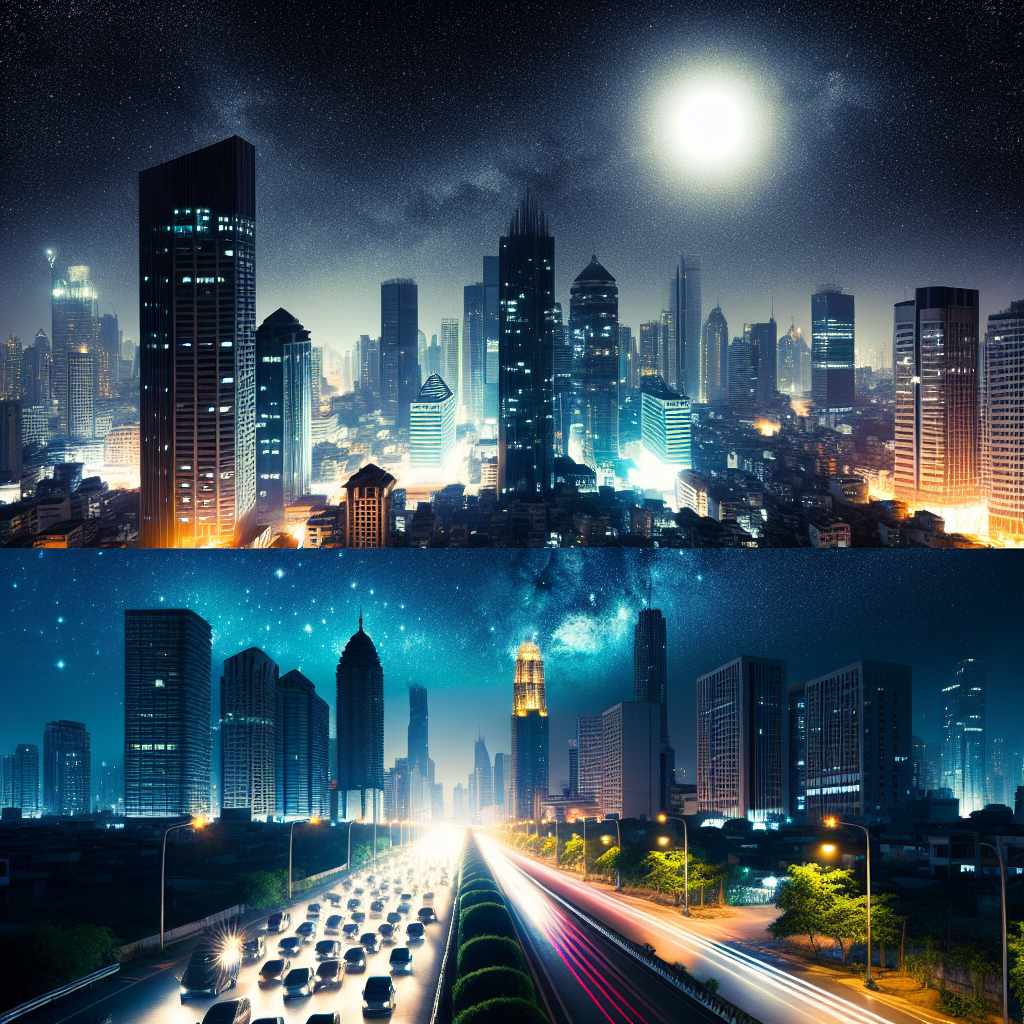Delhi Battles Smog: Government Introduces Staggered Work Hours to Combat Pollution
Delhi faces severe air pollution, prompting the government to introduce staggered work hours to reduce vehicular emissions. The city's AQI improved slightly but remains the second-most polluted in India after Hajipur. Experts point to stagnant atmospheric conditions, stubble burning, and vehicular emissions as key contributors.

- Country:
- India
As Delhi grapples with severe air pollution, the government has announced staggered work hours for its employees in an effort to curb vehicular emissions and combat the deteriorating air quality. On Thursday, the Air Quality Index (AQI) recorded an average of 371, improving from the previous day's reading of 419, but still labeling Delhi as the second-most polluted city in India, trailing only Hajipur in Bihar.
The Union Personnel Ministry has issued an order recommending government employees carpool and use public transport. Offices can now operate on staggered schedules from either 9 am to 5:30 pm or 10 am to 6:30 pm, a measure aimed at reducing the pollution attributed to vehicular emissions, which was estimated to contribute 17.7% to Delhi's pollution levels on Thursday.
Experts indicate that despite the end of the stubble burning season, where farm fires contributed to 17.3% of PM2.5 levels, the falling temperatures in Delhi could trigger biomass burning for heating, potentially worsening the PM2.5 concentrations. The interplay of stagnant atmospheric conditions and persistent smog continues to envelop the city, exacerbated by weak winds and high humidity.
(With inputs from agencies.)
ALSO READ
Government Tightens Rules on Stubble Burning to Combat Delhi Pollution
Farmers Condemn Central Government's Stubble Burning Fines
Punjab's Battle Against Stubble Burning: Significant Decline Reported
Delhi's Breath Crisis: Rising AQI Sparks Health Alarms
Delhi's Air Chokes as AQI Plummets to 'Very Poor'










